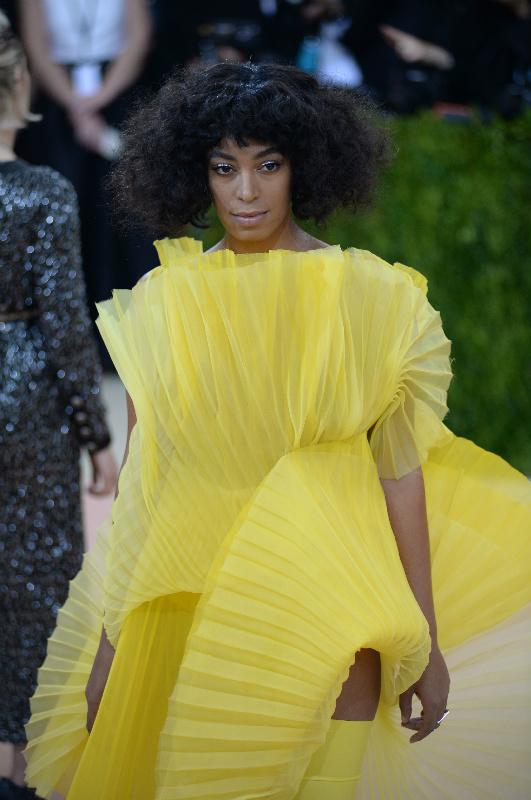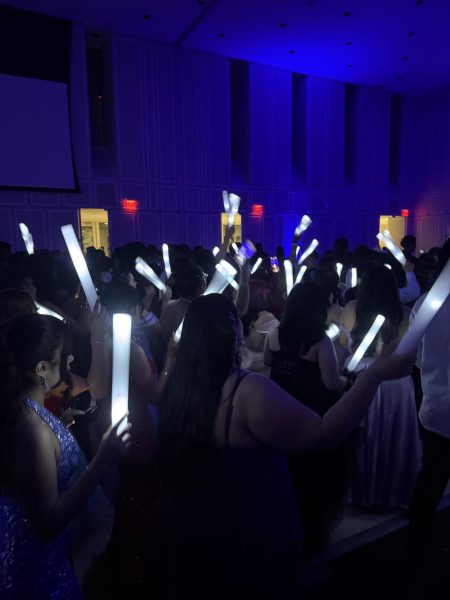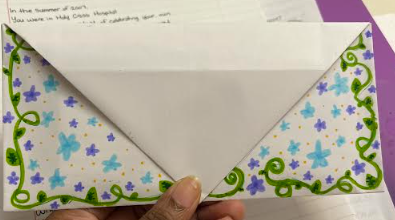Solange astounds skeptics with latest release
People; such as myself, aren’t particularly familiar with Solange. For all we knew, she was often overshadowed by her sister, Beyoncé. She also happened to be involved in the elevator incident with Jay Z. other than those aforesaid circumstances, she was obscure to us. Therefore, it won’t be difficult to listen to this album with an open mind. For the most of us, this would be our first time hearing her music. Thus, I had no expectations when I heard her latest LP, “A Seat at the Table”. If you’re like myself, then the record will catch you off guard (rightfully so, because we have underestimated her as an artist. Solange reminds us all that she can break out on her own. The acclaim she has garnered for this album is justly earned. In the midst of the masses who have praised this project, I happen to admire it too.
“A Seat at the Table’ is a unique record. This soul-R&B infused production concocts the themes of black pride, identity, and inner glory. Above the many cuts that stand out on this album, “Don’t Touch My Hair” is a must-hear. It is arguably the best song of the album. Featuring the vocals of Sampha, an English singer-songwriter from the United Kingdom, Solange addresses a prevalent topic that she; amongst the numerous of women in the black community are scrutinized for: their hair. In the opener of the song, she sings:
“Don’t touch my hair,
When it’s the feelings that I wear”
In the midst of the black women who harbor the same feelings, their hair is more than solely just hair. Used as a main form of self-expression, pride, and identity; their hair serves as a statement. It is an extension of who they are. Hence, black women such as Solange do not need critics and ignorant folk to view this source of their pride as an entity to downgrade and mock.
“FUBU”, (For Us By Us), is another gem that you will find off this album. With a lent of talent by The-Dream and Bj the Chicago Kid, this banger is a black empowerment anthem. The song is purposely intended for the black audience to sing along and enjoy. Catchy as its chorus, the song deliberately hinders non-black people- specifically the white audience- from singing along to it. As sung further into the song, Solange justifies her inclusion of this particular group. She says:
“Don’t feel bad if you can’t sing along
Just be glad you got the whole wide world”
She reminds her white audience that they can console in the fact that they at least have the whole world made in their favor. Thus, this song likewise stands out above the other tracks in this release, because it was specifically curated to be enjoyed by ‘us’.
Overall, “A Seat at The Table” served to baffle critics and skeptics who have always questioned Solange’s presence in music. The album solidifies her prose as a musician, and throws away any doubts of obscurity. From this point on, we’ll definitely be on the lookout for her future work, because we will truly expect her to grasp our attention as she had on this album.





